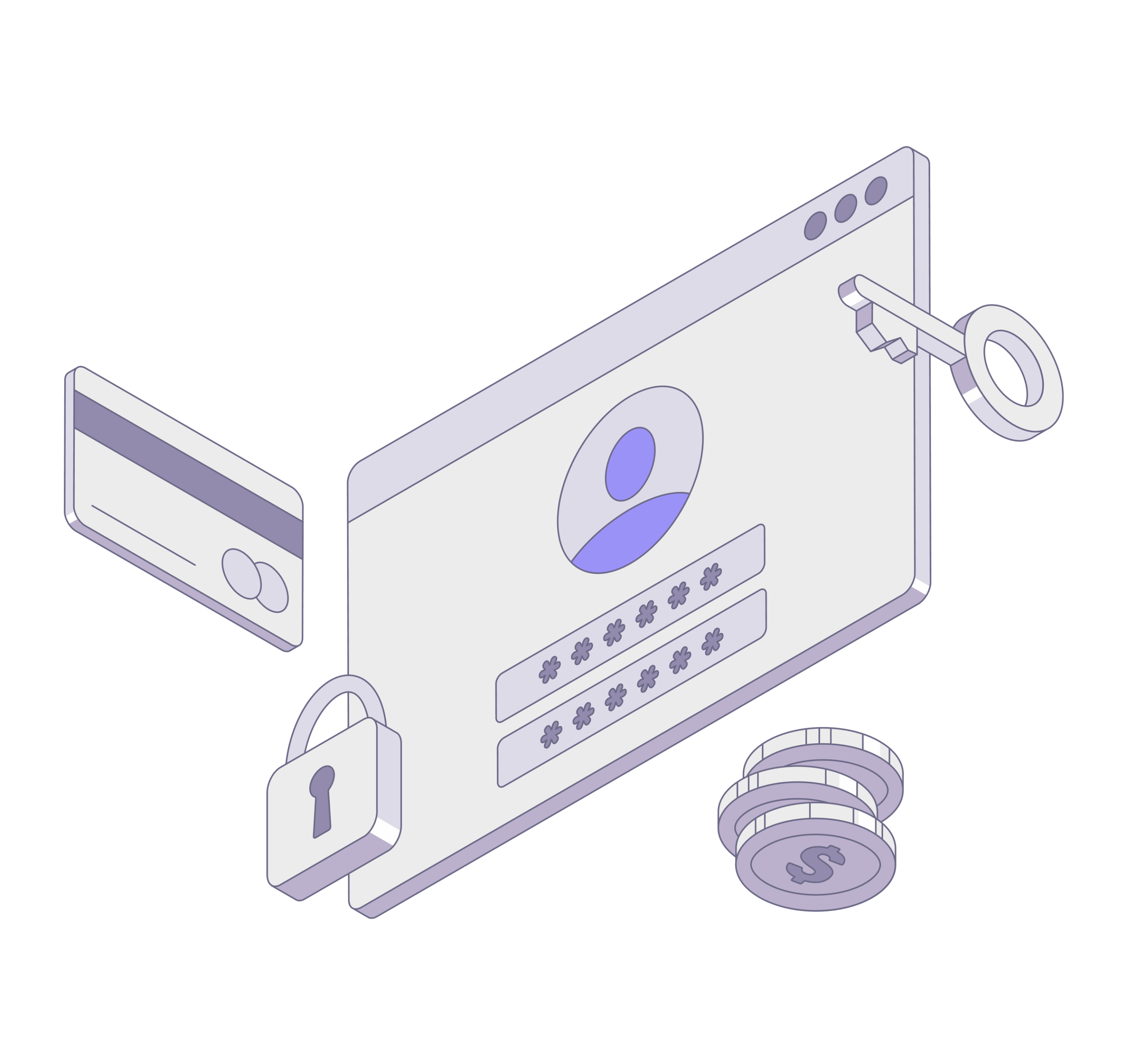SharePoint Server Vulnerability: A Wake-Up Call for On-Premises Users
July 24, 2025
In July 2025, a critical vulnerability was discovered in Microsoft’s on-premises SharePoint document servers, a platform that many organisations run on their own infrastructure. Microsoft confirmed that state-backed Chinese hackers had exploited this flaw to compromise the servers of businesses worldwide.
Groups known as Linen Typhoon, Violet Typhoon, and Storm-2603 used the newly discovered vulnerability in self-hosted SharePoint to attack a wide range of organisations.
Importantly, Microsoft’s cloud-based SharePoint Online service was not affected.
Microsoft has released security patches and strongly advised all affected organisations to apply the updates immediately. Unpatched servers remain vulnerable, and investigations into further incidents are ongoing.
According to Microsoft, the attackers used the flaw to steal cryptographic key material, giving them the ability to access sensitive data undetected. Victims span sectors including government, defence, education, finance, and healthcare across multiple regions.

What This Means for Your Organisation
If a vulnerability in software from a tech giant like Microsoft can be exploited so rapidly, every organisation should be alert.
This breach did not rely on advanced cyberweapons — it exploited an unpatched vulnerability on servers managed by individual companies. It highlights how cybercriminals often succeed not through complexity, but through speed and opportunism.
One leading cybersecurity expert described the SharePoint breach as “broad and opportunistic”, with several groups exploiting the vulnerability before a fix was available. It is yet another example of how quickly threat actors can act once a weakness is exposed.
It Doesn’t Take Much — Sometimes Just a Password
This incident comes just days after we discussed the case of KNP Group, a 158-year-old logistics firm that collapsed in 2023 following a ransomware attack.
Read how one weak password brought down a 158-year-old business
Investigators believe the breach may have begun with something as simple as a single compromised password.
Once inside the network, attackers encrypted the entire system and demanded a ransom in the millions. KNP was unable to recover — resulting in business closure and 700 job losses.
The similarities between these two cases are striking: both involved widely used systems, both were exploited quickly, and both could potentially have been prevented through basic security measures like timely patching and strong password policies.

Why SMEs Are Particularly at Risk
Small and medium-sized enterprises (SMEs) often underestimate their exposure to cyber threats. In reality, they are increasingly targeted, as attackers view them as easier to compromise.
Common vulnerabilities include:
-
Outdated or unpatched systems
-
Weak password practices
-
Limited staff training on cybersecurity
-
Inadequate backup and disaster recovery plans
-
Lack of in-house IT or security expertise
These factors make SMEs a preferred target — what attackers refer to as “low-hanging fruit”.
And as we’ve seen time and again, the consequences of a breach can be catastrophic.
Thinking of Moving to the Cloud? Now’s the Time
This breach was a wake-up call for many — but it also underscored the resilience of Microsoft’s cloud-based SharePoint Online, which remained secure throughout the attack.
If your business is still running on-premises SharePoint, now is the ideal time to consider migrating to the cloud.
At Black Sheep Support, we help businesses:
-
Apply critical SharePoint updates
-
Assess security vulnerabilities
-
Seamlessly migrate from on-prem SharePoint to SharePoint Online
-
Provide ongoing cloud support and guidance
Whether you’re planning a full migration or just need advice on where to start, we’re here to help you transition securely and efficiently.
Book a free consultation today and speak to one of our experts about how we can support your business — from patching and hardening your existing infrastructure, to helping you move forward with cloud confidence.
Was SharePoint Online affected by the breach?
No. Microsoft confirmed that only self-hosted (on-premises) SharePoint servers were affected. SharePoint Online—part of Microsoft 365—remained secure and was not impacted by the vulnerability exploited in this attack.
What exactly did the hackers gain access to?
The attackers exploited a vulnerability to access cryptographic key material, which allowed them to steal sensitive data without detection. Victims include organisations across government, finance, education, healthcare, and other sectors.
How can I tell if my organisation is at risk?
If your business uses on-premises SharePoint and hasn’t applied Microsoft’s latest security patches, your systems could be vulnerable. Risk also increases if you have weak passwords, poor patch management, or limited security monitoring in place.
Why are SMEs more vulnerable to attacks like this?
SMEs often lack dedicated IT or cybersecurity teams, making them slower to patch systems or detect suspicious activity. Common issues include outdated infrastructure, inadequate backups, and limited employee training, which attackers exploit.
What should we do next — patch or migrate?
Ideally, both. Apply critical patches immediately to protect against the current vulnerability, and then consider migrating to SharePoint Online for long-term security and resilience. Black Sheep Support can help with patching, audits, and cloud migration to ensure your systems are secure.
